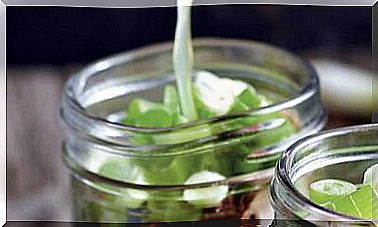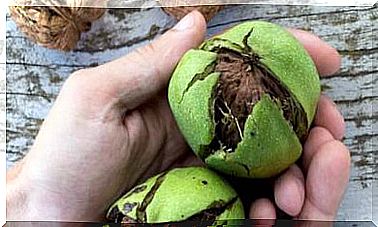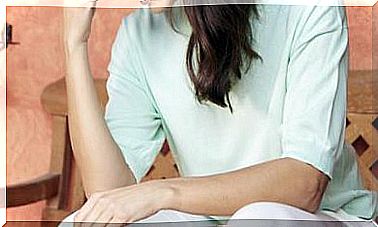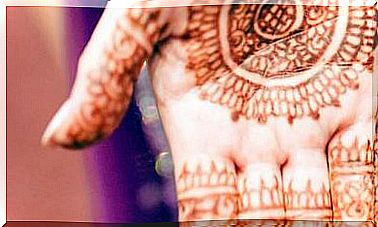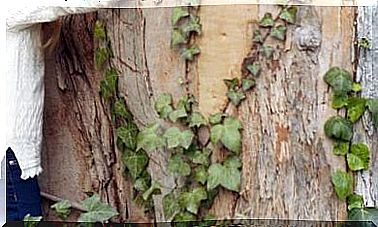10 Uses Of Citric Acid In Cleaning The Home
Citric acid is a natural antioxidant that is often used as a food preservative but its benefits in the home are surprising. We discover 10 uses of citric acid to have the house sparkling.
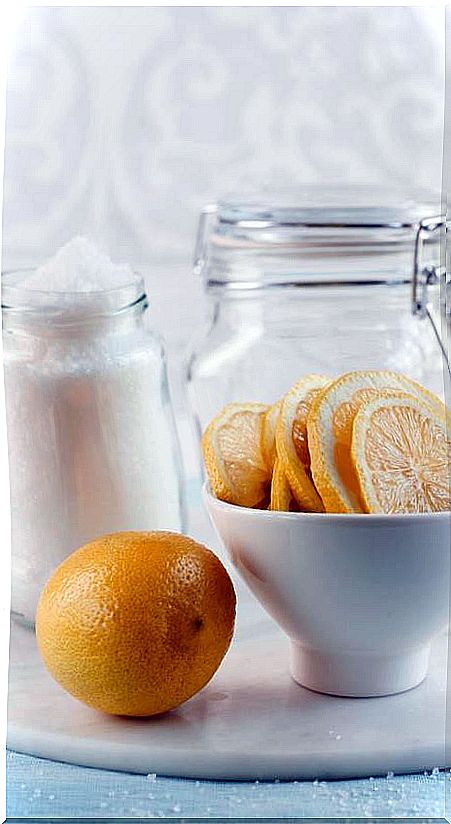
Citric acid (C6H8O7) is an antioxidant and a natural preservative used in numerous industries such as cosmetic, food, pharmaceutical or photographic. It is an organic acid present in a large number of fruits, especially citrus fruits, but at present almost all its production is obtained by fermenting sugars with the Aspergillus niger fungus, known as black mold.
It is used as a food preservative, in beauty products or to cause effervescence in fruit salts, for example. However, and although it is not known too much, its uses in cleaning the house are many and very effective.
Today it is easy to buy powdered citric acid in organic or DIY stores and home, for example.
What is citric acid for?
Citric acid is a safe product, with the pertinent precautions, and biodegradable. Therefore, it is used in many areas:
- In beauty products. In the world of beauty it is used in anti-blemish, depigmenting, exfoliating creams and others for skin care. It is present in medicines to combat various ailments such as heartburn, gastritis or prevent kidney stone formation.
- In some drugs. It is also used for effervescence and citrus flavor in vitamin C supplements and fruit salts.
- In food. In food products it is very popular for its antioxidant, preservative, acidulant and flavoring properties and it is found in soft drinks, sweets, jams, juices, wines, preserves, pastries or precooked products. As an additive, E-330, is of natural origin and is one of the additives that should not worry you, since it is allowed in the ecological and biodynamic seals.
- In the photography. Photography is one of its curious uses and is used in developing photographs, replacing acetic acid.
- In cleaning the home. It stands out as a descaler, brightener, anti-scale and to remove rust. In cleaning it is always used diluted in water.
10 very useful applications of citric acid at home
The 10 most useful home uses of citric acid are as follows:
- 1. Remove rust
- 2. Descaling burnt pans
- 3. Unclog pipes
- 4. Disinfect surfaces
- 5. Descaling the washing machine with citric acid
- 6. Fabric softener
- 7. Clean the carpets
- 8. Decalcify tiles and partitions
- 9. Remove lime from the shower
- 10. Clean the toilet
Let’s see how to use citric acid in each of the cases:
- 1. Remove rust
It is one of its most “magical” uses. If you discover a rusty object in your storage room or garden, try spraying it with a pint of water and 2 tablespoons of citric acid, then scrub with a cedar brush and pat dry.
You will be surprised how it returns to its original state. In the same way it is also used to shine metals (never aluminum).
- 2. Descaling burnt pans
Although some seem to have no solution, you have to boil water with two tablespoons of citric acid and the burned remains are descaled.
- 3. Unclog pipes
It is not necessary to buy aggressive products because we can unclog effectively by pouring half a glass of citric acid and half of bicarbonate into the pipes and then a liter of hot water. We could use vinegar to unclog pipes as well, instead of citric acid.
- 4. Disinfect surfaces
It is one of its most remarkable and sought-after functions for home protection. 100 grams of citric acid are mixed in a liter of hot water and with this product you can clean, remove stains and disinfect surfaces (discarding wood, marble and enameled). It is rinsed with water.
- 5. Descaling the washing machine with citric acid
The more we take care of the washing machine, the better results we will obtain. To remove limescale and impurities from detergents, it is recommended to wash with the machine empty and at maximum temperature with a liter of water mixed with 150 of citric acid in the drawer.
- 6. Fabric softener
Vinegar is the best known natural softener, but 1 liter of water with 100 grams of dissolved citric acid can also be used with the same function. 100 ml are added per wash in the softener compartment and a few drops of essential oil can be added to provide a good smell. With that amount we have for 10 coladas.
- 7. Clean the carpets
Although the most popular trick is to spread baking soda or clean the stain with vinegar, citric acid will come in handy as a replacement for the previous remedies to clean stubborn dirt from our carpets. 100 g of citric acid are mixed in a liter of water in a spray bottle and applied. Then rub and rinse.
- 8. Decalcify tiles and partitions
It is about mixing 150 gr of this compound in a liter of very hot water and spreading it on the tiles of both the bathroom and the kitchen. After rinsing well with a cloth so that no traces of the acid remain. This recipe is also used to descale bathroom screens and toilets.
- 9. Remove lime from the shower
The shower head is one of the devices most affected by lime. One solution is to unscrew it and immerse it in a bag or basin with the same proportion as the previous formula: 150 grams per liter of hot water. Also add a tablespoon of bicarbonate and let it rest for an hour. Then it is placed again and the hot water is allowed to run so that the lime scale is removed for about 10 minutes.
- 10. Clean the toilet
It is one of the most striking and well-known uses of citric acid in cleaning because it produces foam that reinforces its disinfecting work. You can spread half a cup of bicarbonate in the toilet, let it sit for about 30 minutes and then pour another half of citric acid by rubbing the surface well with the brush.
Another idea is to have the mixture already prepared in advance with some “WC pumps” that we make by putting together 125 grams of citric acid and 125 grams of bicarbonate with a teaspoon of mineral water and about 7 drops of an essential oil that we like. for example, tea tree.
- It is mixed with the hands so that it is somewhat compact and portions are placed in large ice or pastry molds, the size of muffins or similar.
- It is left to rest overnight to compact and can be removed from the mold and stored in a glass container or wherever you want.
- One or two pumps are thrown down the toilet and rubbed with the brush.
Precautions when using citric acid
- Excess citric acid intake through food or medication is linked to side effects such as diarrhea, nausea, abdominal pain, and other ailments.
- In the case of household cleaning, although it is a fairly safe product, it is advisable to use it carefully and take measures such as a mask, gloves and protective glasses to avoid inhalation and because at high concentrations it can be corrosive.
- Keep out of the reach of children.
- Do not consume it.
- Do not mix it with percarbonate.
- Do not use citric acid on enameled surfaces, marble, wood or aluminum because it can deteriorate them.

